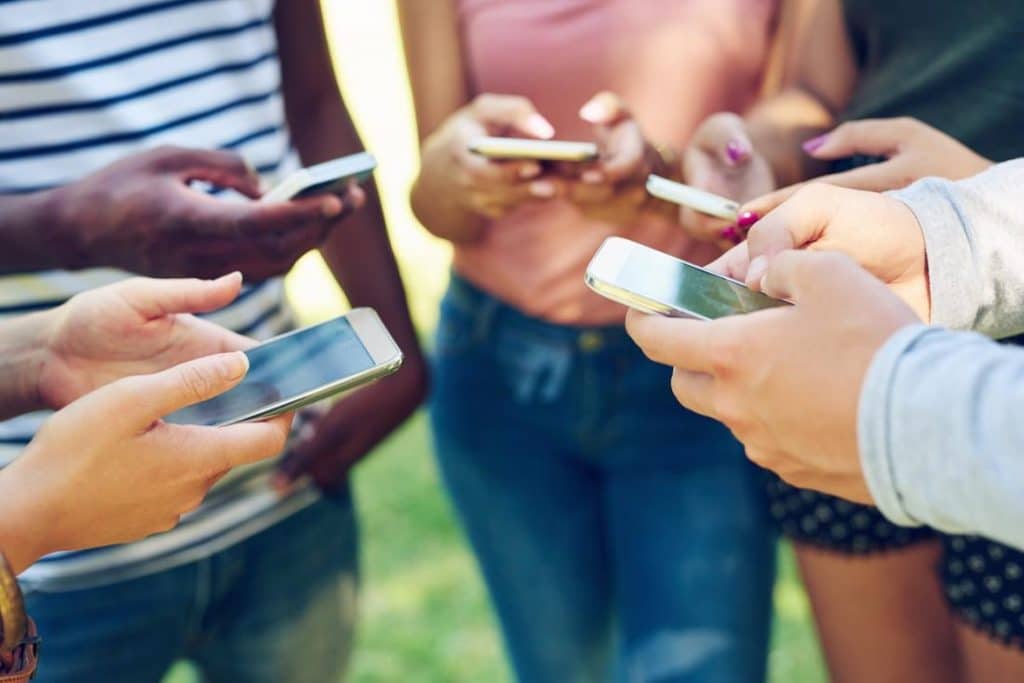It’s nearly impossible to imagine life without smartphones, folks, even though most of us lived it! Back then, you actually had to talk to someone to get the information you needed. These days, even calls are old-fashioned, with texts and emails fast becoming the main line of communication for people today.
However, it’s not without its risks. You can, in fact, develop an addiction to your smartphone. It even has a name: nomophobia.
This type of addiction tends to be fueled by Internet misuse or addiction. It’s technically not the tablet or phone itself that is creating the compulsion, but the apps, games and online worlds you’re able to connect to using your device. Smartphone addiction can manifest itself in a variety of ways. If you’re addicted to dating apps, texting, social networking and messaging to the point where your online friends are more important than the relationships in your life offline, for example, you’re in some trouble. Other people get hit with information overload by constantly checking apps, games, videos, the news and more, and this can slowly take over their lives. Other compulsions, such as online shopping or gambling, can also isolate you from friends and family, impact your job performance and cause financial distress.
The effects of smartphone addiction are not yet fully known, but we do know that it can increase your feelings of depression and loneliness, boost anxiety, increase stress, hurt your ability to focus and think creatively, and even disturb your sleep.
Of course, it can be tough to tell if you’re just using your phone more than you’d like or you have an actual addiction. Some signs of addiction to smartphones include problems completing work or home tasks, isolation from your friends and family, concealing how much you use your phone, developing a fear of missing out on things because you’re not on your phone, and feelings of panic or anxiety when you go somewhere without your device.
To combat your potential phone addiction, think about what triggers you to pick up the device. Are you doing so when you are bored or lonely? If you are struggling with anxiety, for example, excessive smartphone use could be a self-soothing tool you are using. If that is the case, it’s time to find more effective and healthy ways of managing those moods, such as meditation. If you notice you use your phone more when you are angry, you may need to work on your coping skills.
Don’t be afraid to reach out for professional help if you feel your smartphone use is out of control. A trained professional can help you on your journey to a more balanced life.




